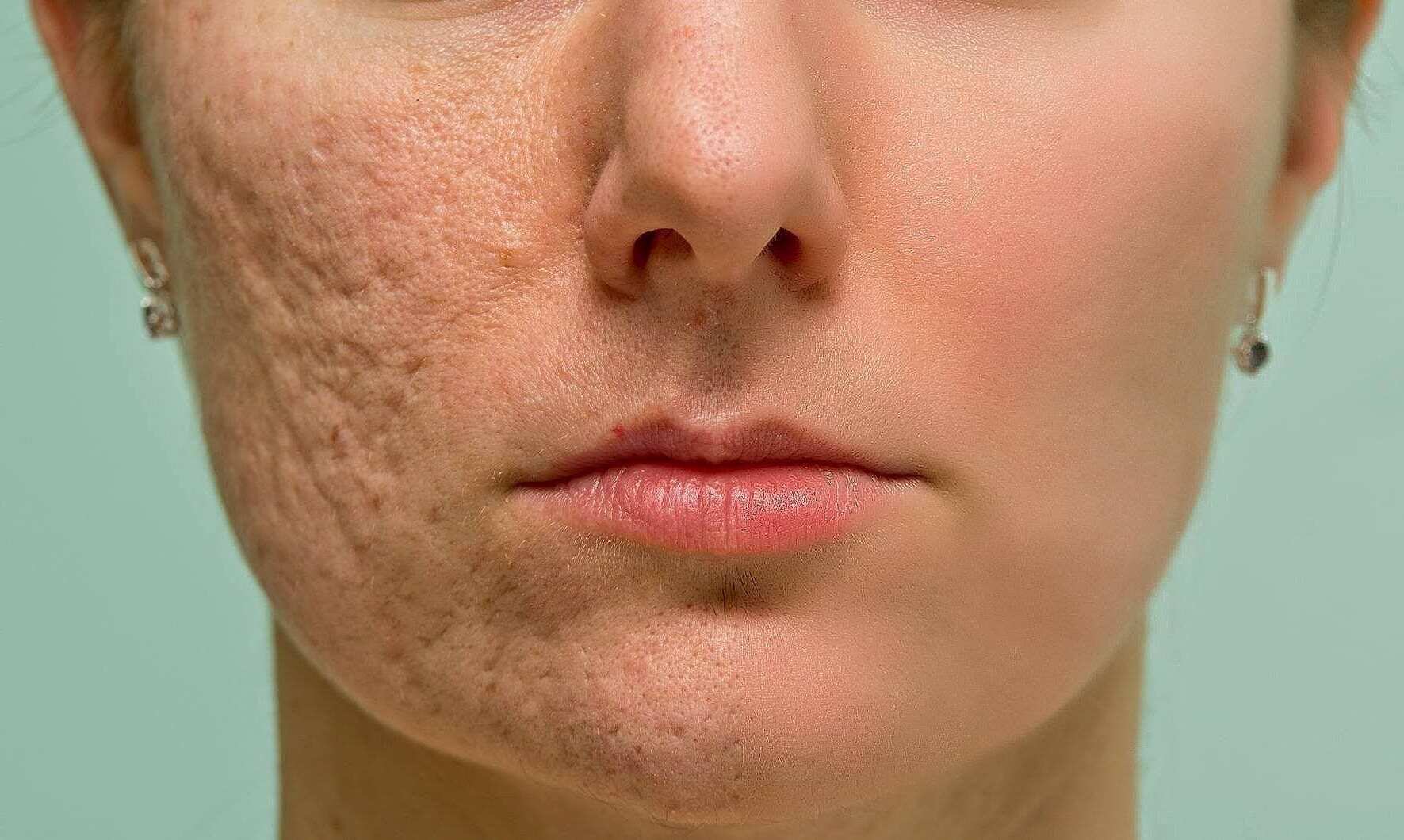
Improved skin texture can make a world of difference in how you look and feel. But what exactly does it mean to have better skin texture? Better skin texture refers to the smoothness, softness, and evenness of your skin. When your skin is free from bumps, rough patches, and uneven tone, it not only looks healthier but also feels more comfortable. Achieving this involves a mix of good skincare habits, a balanced diet, and sometimes professional treatments. In this post, we'll dive into 27 fascinating facts about how you can improve your skin texture, from everyday tips to advanced techniques. Ready to glow? Let's get started!
Key Takeaways:
- Genetics, aging, and environmental exposure all play a role in determining skin texture. Eating a balanced diet, following a skincare routine, getting quality sleep, and exercising can all improve skin texture.
- Professional treatments and natural remedies can also help improve skin texture. Managing stress and maintaining a positive mindset are important for healthy skin.
What is Skin Texture?
Skin texture refers to the surface quality of your skin. It can be smooth, rough, bumpy, or uneven. Many factors influence skin texture, including genetics, age, and environmental exposure.
-
Genetics play a significant role in determining your skin texture. If your parents had smooth skin, chances are you might too.
-
Aging naturally affects skin texture. As you age, collagen production decreases, leading to rougher skin.
-
Environmental exposure to pollutants and UV rays can damage the skin, making it appear uneven and rough.
How Diet Affects Skin Texture
What you eat can have a profound impact on your skin's appearance. A balanced diet can improve skin texture and overall health.
-
Antioxidants found in fruits and vegetables help combat free radicals, which can damage skin cells.
-
Omega-3 fatty acids in fish like salmon can reduce inflammation and keep skin moisturized.
-
Hydration is crucial. Drinking enough water helps maintain skin elasticity and smoothness.
Skincare Routines for Better Skin Texture
A consistent skincare routine can make a world of difference. Using the right products and techniques can improve skin texture over time.
-
Cleansing removes dirt and oil, preventing clogged pores and rough skin.
-
Exfoliation helps remove dead skin cells, revealing smoother skin underneath.
-
Moisturizing keeps skin hydrated, reducing the appearance of rough patches.
-
Sunscreen protects against UV damage, which can make skin texture worse.
The Role of Sleep in Skin Texture
Quality sleep is essential for healthy skin. During sleep, your body repairs itself, including your skin.
-
Cell regeneration occurs during sleep, helping to repair damaged skin.
-
Reduced stress from adequate sleep can lower cortisol levels, which can improve skin texture.
-
Hydration levels are better maintained when you get enough sleep, keeping your skin smooth.
How Exercise Improves Skin Texture
Regular physical activity can also benefit your skin. Exercise increases blood flow, which helps nourish skin cells.
-
Increased blood flow delivers more oxygen and nutrients to the skin, improving its texture.
-
Sweating helps unclog pores, reducing the risk of rough skin.
-
Stress reduction from exercise can lower cortisol levels, which can improve skin texture.
The Impact of Hormones on Skin Texture
Hormonal changes can significantly affect your skin. Fluctuations in hormone levels can lead to various skin issues.
-
Puberty often brings about changes in skin texture due to increased oil production.
-
Menopause can lead to drier skin, making it appear rougher.
-
Pregnancy hormones can cause skin to become more sensitive and uneven.
The Benefits of Professional Treatments
Sometimes, professional treatments can offer more immediate results. Dermatologists have various tools to improve skin texture.
-
Chemical peels remove the top layer of skin, revealing smoother skin underneath.
-
Microdermabrasion exfoliates the skin, improving its texture.
-
Laser treatments can target deeper layers of skin, promoting collagen production and smoother skin.
Natural Remedies for Improved Skin Texture
If you prefer a more natural approach, several home remedies can help improve skin texture.
-
Aloe vera has soothing properties that can improve skin texture.
-
Honey is a natural moisturizer that can make skin feel smoother.
-
Coconut oil can hydrate and improve the texture of your skin.
The Importance of Mental Health
Your mental state can also affect your skin. Stress and anxiety can lead to skin issues, including rough texture.
-
Stress management techniques like meditation can improve skin texture.
-
Positive mindset can lead to better skin care habits, which in turn improve skin texture.
Your Path to Better Skin
Improving skin texture doesn’t have to be complicated. Simple habits like staying hydrated, eating a balanced diet, and using sunscreen can make a huge difference. Regular exfoliation helps remove dead skin cells, while moisturizing keeps your skin soft and supple. Don’t forget the importance of sleep and managing stress, as both can impact your skin’s appearance.
Using products with ingredients like retinol, vitamin C, and hyaluronic acid can also boost your skin’s texture. Always patch-test new products to avoid irritation. Consistency is key, so stick to your routine and give it time to work. If you’re dealing with persistent issues, consulting a dermatologist can provide personalized advice.
Remember, everyone’s skin is different. What works for one person might not work for another. Keep experimenting until you find what suits you best. Your journey to better skin starts with small, consistent steps.
Frequently Asked Questions
Was this page helpful?
Our commitment to delivering trustworthy and engaging content is at the heart of what we do. Each fact on our site is contributed by real users like you, bringing a wealth of diverse insights and information. To ensure the highest standards of accuracy and reliability, our dedicated editors meticulously review each submission. This process guarantees that the facts we share are not only fascinating but also credible. Trust in our commitment to quality and authenticity as you explore and learn with us.


